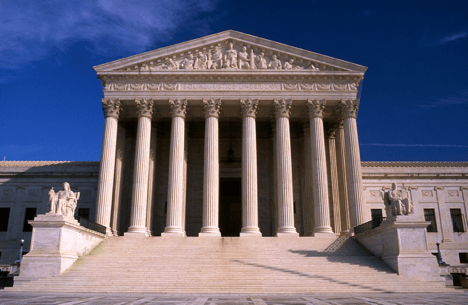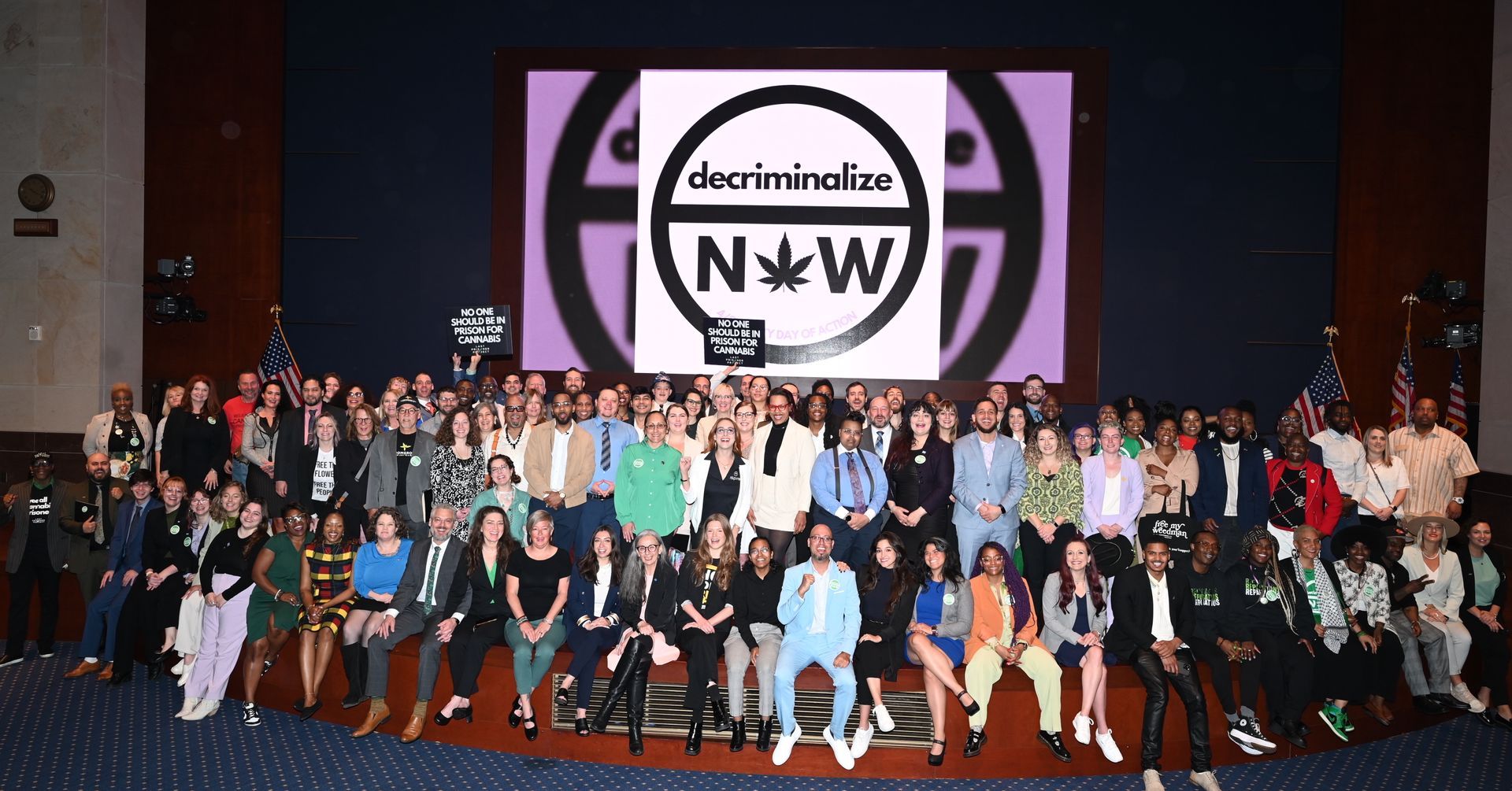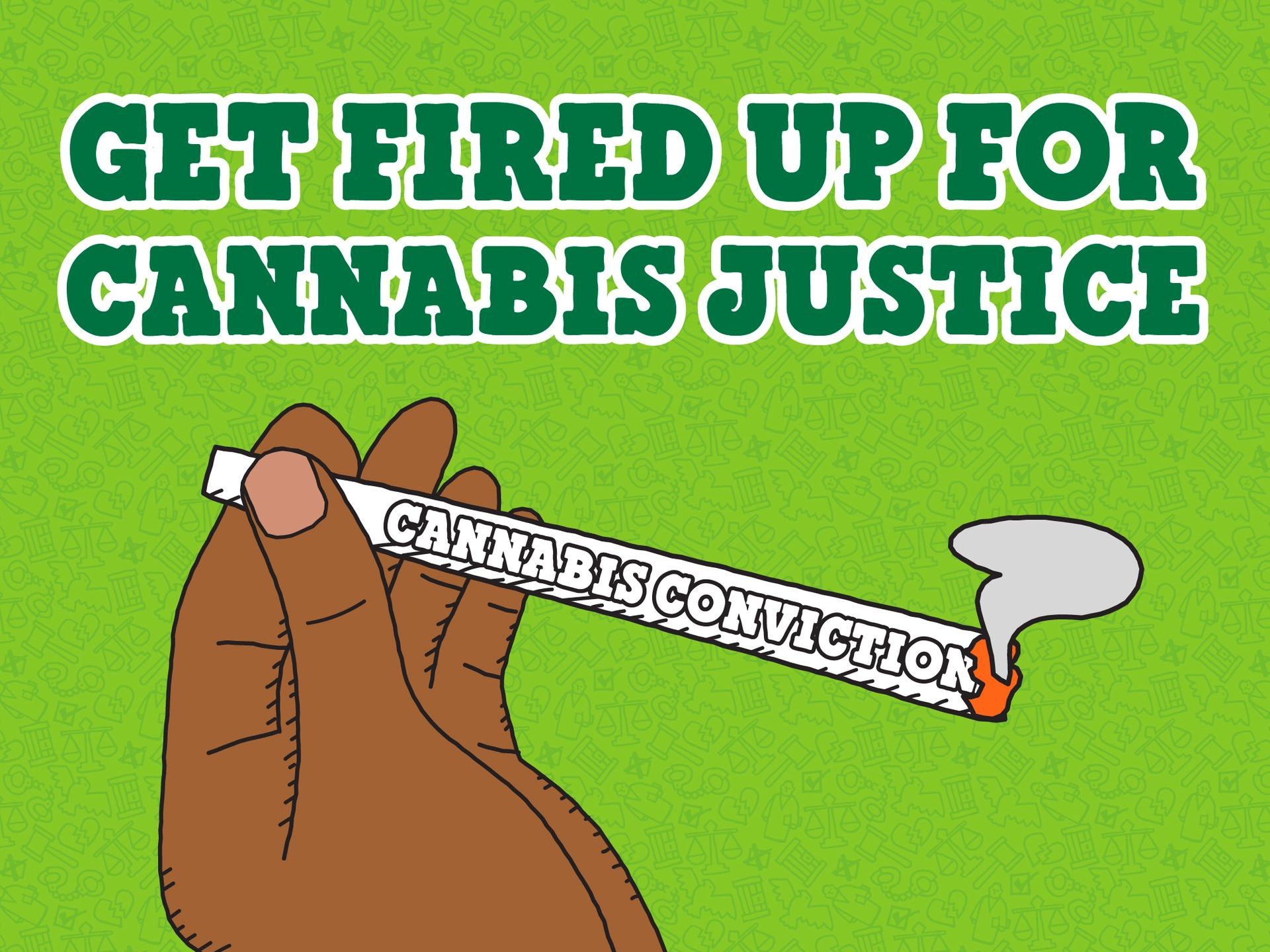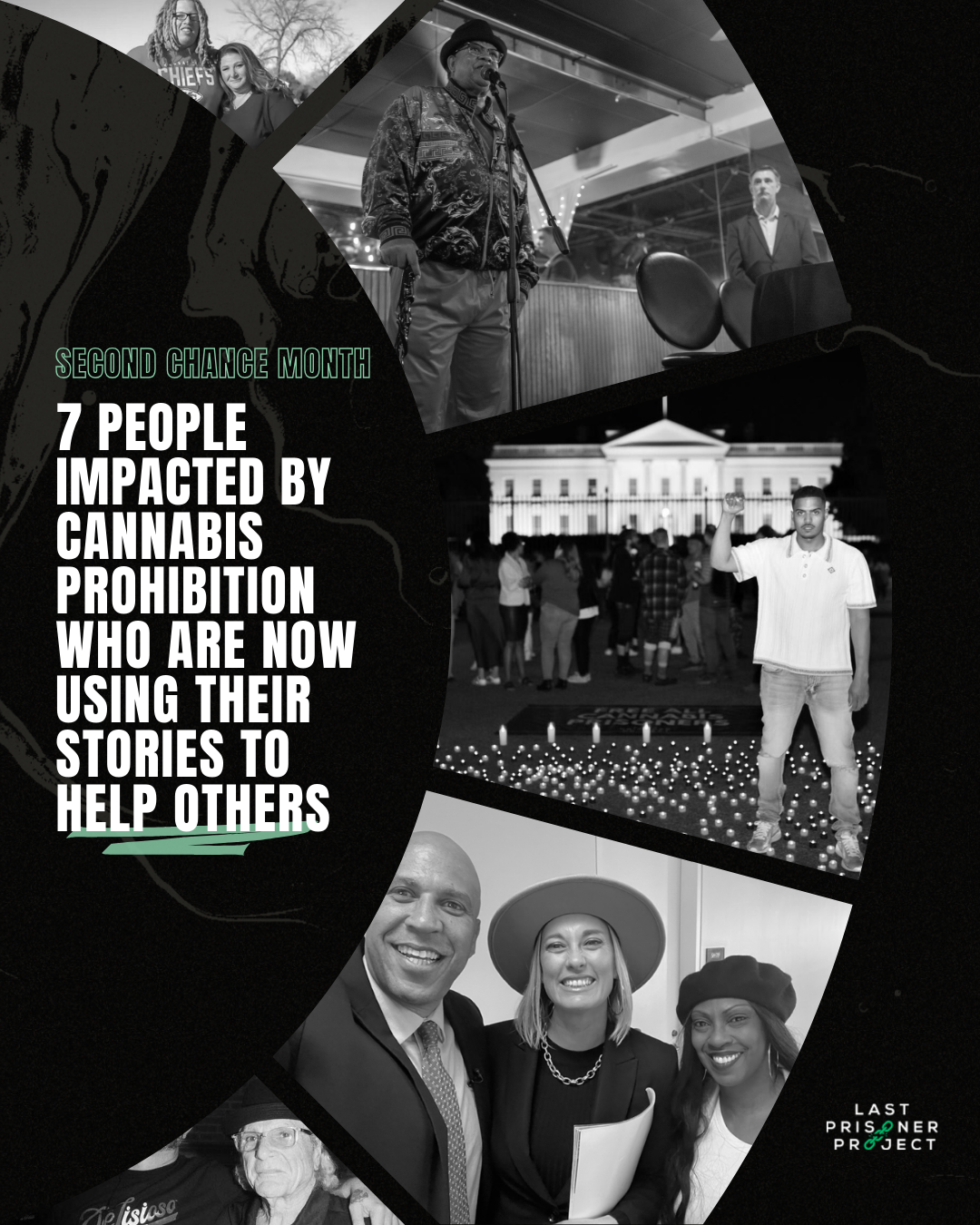LPP Submits Brief to the Supreme Court of the United States in Landmark Appeal
LPP Submits Brief to the Supreme Court of the United States in Landmark Appeal

The Supreme Court building, completed in 1935, serving as “the permanent home of the court.” Image provided by supremecourt.gov.
Last week LPP filed an amicus brief in Washington v. Barr in the Supreme Court of the United States. Washington v. Barr calls on the Supreme Court to declare the current scheduling of cannabis under the Controlled Substances Act unconstitutional. In July, Washington and his fellow petitioners asked the Supreme Court to take up the case contending that the federal law unconstitutionally blocks their access to lifesaving medication.
Currently, the DEA lists cannabis as a Schedule I drug, which the agency defines as substances, or chemicals “defined as drugs with no currently accepted medical use and a high potential for abuse.” The brief filed seeks to declare this federal law criminalizing cannabis void. Gary Weinstein, Matthew Donohue, and Eli Scheiman represented LPP pro bono on this critically important filing, and were supported by LPP staff including Sarah Gersten, Mikelina Belaineh, Mariah Daly, and Kiersten Yamamoto.
In an announcement of the filing Gary Weinstein, lead author, stated:
“As counsel of record for The Last Prisoner Project, I am proud to announce that we filed an amicus brief in the Supreme Court of the United States in a landmark marijuana federal legality case with national implications. Last Prisoner Project is supporting a petition for a writ of certiorari in the Washington v. Barr matter to challenge the administrative bias faced by medical marijuana patients who seek to declare the federal criminalization of marijuana unconstitutional.”
Other amici that filed in support of the petitioners include several prominent advocacy organizations and seven members of the United States Congress.
The DEA has previously rejected 10 petitions for rescheduling cannabis, waiting nine years to address each petition on average all while millions suffer from health complications and ongoing irreparable constitutional injuries. Petitioners hope that the Supreme Court grants certiorari to resolve the deep inconsistencies and contradictory state and federal law surrounding the billion-dollar cannabis industry. The DEA has refused to act on basic administrative petitions for decades until lawsuits are filed—then arguing that marijuana has “no accepted medical use in treatment” by simply refusing to permit federal research to demonstrate its medical efficacy. In their brief, The International Cannabis Bar Association called the Controlled Substances Act "constitutionally repugnant.” "The DEA is a law enforcement agency, not a court for constitutional claims" they stated.
In a Law 360 Article published this week, Michael S. Hiller of Hiller PC, counsel for Washington and the other patients, stated that the federal government itself has implicitly recognized that cannabis is safe and medically effective, pointing to the fact that the government owns and profits from medical cannabis patents, has approved at least one medical cannabis drug, and has acquiesced to legalization programs in 38 U.S. states and territories. "Criminalizing [cannabis] under the pretext that it is too dangerous to be administered even under strict medical supervision is, not just absurd, but is unconstitutionally irrational," Hiller stated.
As the brief notes, our country's federal marijuana policy needlessly entangles millions of people in the criminal legal system at a tremendous societal cost. We also know that the unjust burden of these misguided policies disproportionately falls on the most vulnerable segments of our society.
Descheduling marijuana is critical to ensuring that all Americans are able to obtain safe and effective medical treatment without fear of the devastating consequences of potential criminal or civil sanctions resulting from the federal scheduling of marijuana.
Read the brief here.






